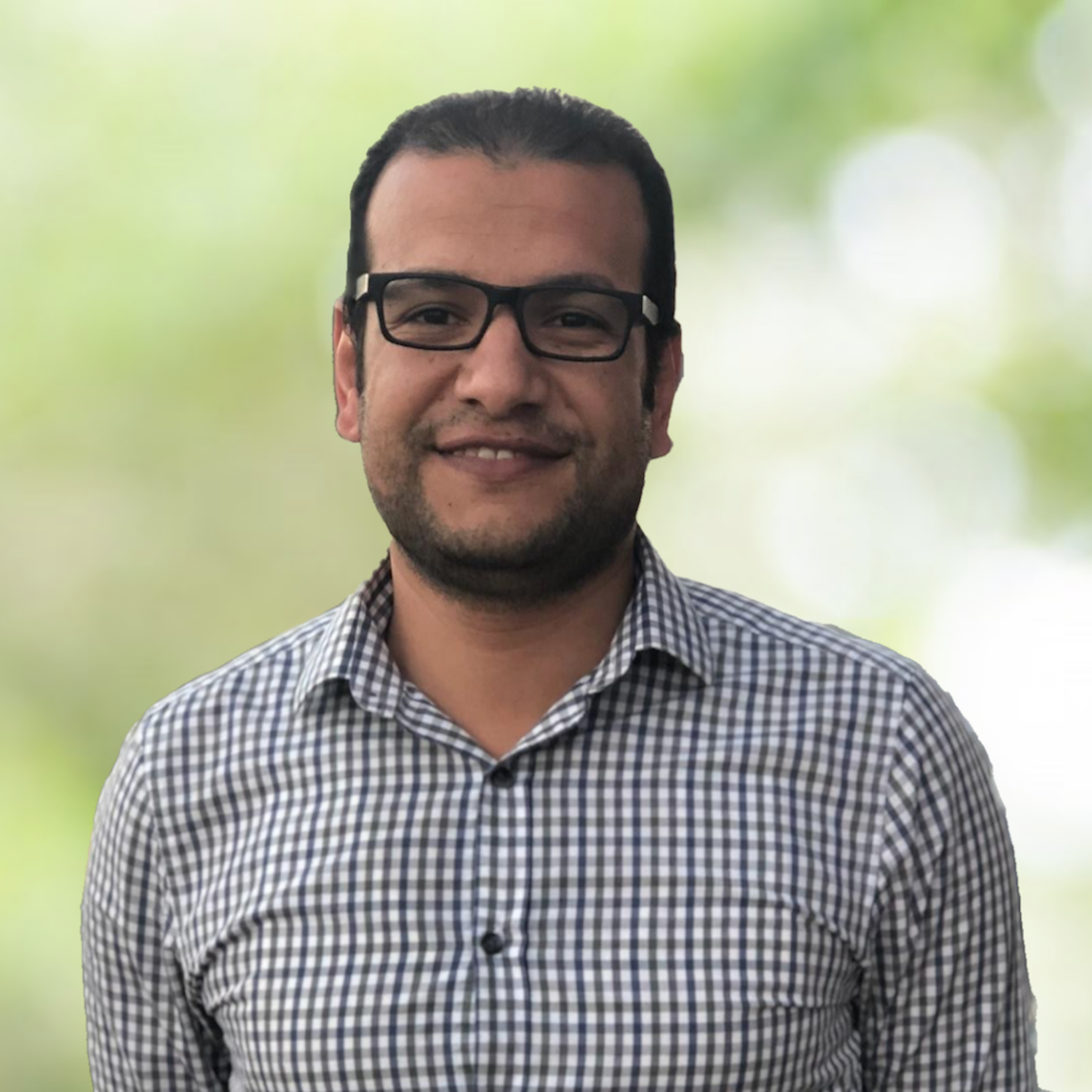
Elsayed Issa
- Assistant Professor // SLC
- Assistant Professor // Arabic // SLC
- Assistant Professor // Cornerstone
Research Focus
Arabic and Computational Linguistics
Office and Contact
Room: SC G009
Email: esissa@purdue.edu.
Elsayed Issa is an Assistant Professor of Computational Linguistics and Arabic in the School of Languages and Cultures. Elsayed holds a Ph.D. the University of Arizona in Tucson in 2023. He is an interdisciplinary computational linguist and speech technologist. His research interests include Natural Language Processing (NLP), phonology, morphology, education technology, Second Language Acquisition (SLA), Arabic language and linguistics, and conversational AI. He is passionate about building intelligent systems and practical solutions to language acquisition problems utilizing recent advances in NLP and AI.
Specialization
Speech Technology, Natural Language Processing, Conversational AI, Arabic Linguistics, Second Language Acquisition, Arabic Dialectology, L2 Speech, Large Language Models (LLMs)
Affiliation
Elsayed’s research program focuses on conversational AI, machine learning, deep learning, and natural language processing (NLP). More specifically, his interdisciplinary research agenda lies at the intersection of NLP, conversational AI, and Second Language Acquisition (SLA), with a goal to innovate more equitable, efficient, and educational machines for second language learning. He is focused on developing a novel set of tools and ideas to combine computational linguistics and SLA methods, a topic largely unexplored for some under-resourced languages such as Arabic. His doctoral dissertation focuses on integrating end-to-end automatic speech recognition into computer-assisted pronunciation training (CAPT) systems, mispronunciation detection, and conversational AI agents (i.e., text-based and speech-based chatbots). He works towards training and finetuning open source, end-to-end (i.e., neural and Transformer architectures) Large Language Models (LLMs), speech-to-text (STT), and text-to-speech (TTS) models. Also, he adopts computational techniques for computational modeling of speech, intonation, and prosody.